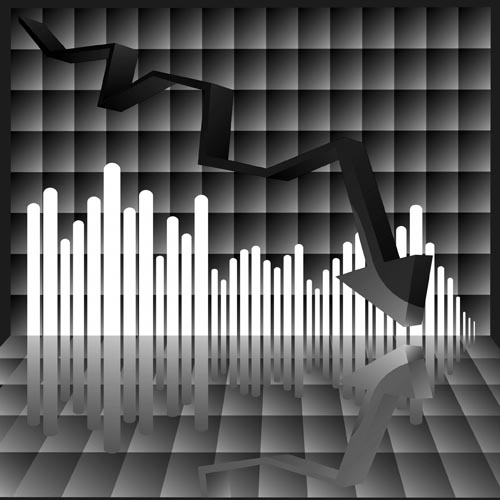Jobless total leaps
WORKERS, SEPT 2009 ISSUE

|
On official figures, unemployment rose by a record 281,000 to 2.38 million in the three months to May. When all adults on out-of-work benefits are counted, 5.2 million British workers are jobless. 726,000 18-24-year-olds are unemployed, 17.3 per cent.
Output fell by 2.4 per cent in the first quarter and by 0.8 per cent in the second. It fell by 5.6 per cent in the year to June, nearly the same as in 1930-31, the worst year of the great slump.
Manufacturing output fell 0.5 per cent in May. It is now 13.1 per cent lower than in the same period of 2008. Manufacturing jobs have fallen by 201,000 over the last year, to just 2.6 million.
Industrial production, a wider measure which includes energy production as well as manufacturing, fell 0.6 per cent in May, 1.8 per cent in the three months to May. It is now 12.3 per cent lower than in the same period of 2008.
The Brown government wants to make the labour market more like the USA’s, but this would further destroy manufacturing and cut wages. The inflation-adjusted median weekly wage of American men without a high-school education fell from $517 in 1979 to $402 in 2004.
US unemployment rose to 9.5 per cent in June, up by 467,000 to 14.7 million. One in nine Americans now depends on government food stamps. US GDP fell by 3.7 per cent in the last year. Business investment fell by an astounding 20 per cent.
Eurozone unemployment rose to 9.5 per cent in May, up by 273,000 to more than 15 million. Its GDP fell by 2.5 per cent in the first quarter, a year-on-year fall of 4.9 per cent.
Global losses on loans and securities total $4 trillion. The value lost in Britain was £2 trillion. Global support for the bankers now totals $10 trillion, $2 trillion from the Brown government.
After getting all those billions of our money, the banks are still not lending to industry. Banks’ net lending has fallen by £5.4 billion, the largest fall for a decade. Company borrowing fell in April and May because banks here charge the highest interest margins and fees in the G7. In April, firms paid back to banks more than banks lent out. Firms are paying off their debts, not investing.
So the Confederation of British Industry forecasts that investment will fall this year by 12 per cent, and by 1.4 per cent next year – no basis for a recovery!